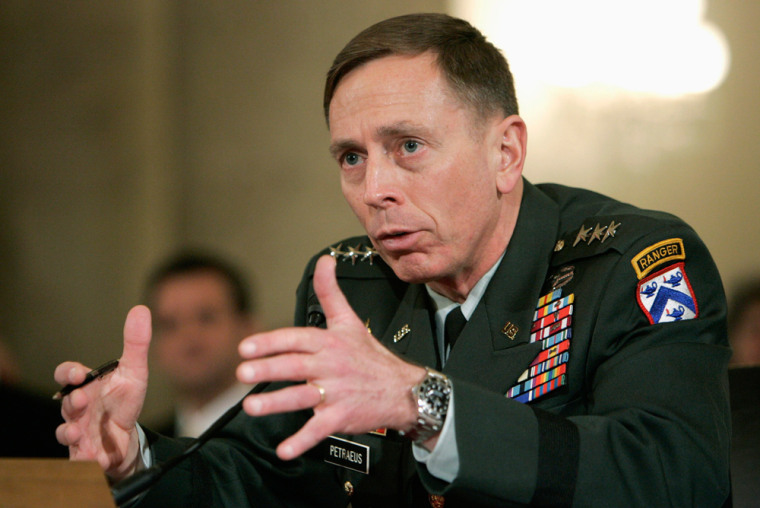Public figures, most of them with both too much time on their hands and a poor understanding of most things of significance, are gnashing their teeth about the planned increase in the size of the American force in Iraq.
To the extent that critics who are busy spewing vitriol are capable of performing a simple arithmetic operation, they can calculate that 21,500 troops will constitute an increase of less than 15 percent of the current force. Even as the word is inaccurately construed these days, this is hardly an “escalation.” This is particularly noteworthy in view of the confirmation testimony of Lt. Gen. David Petraeus, who suggested last week that a successful pacification of Baghdad, ostensibly the objective of the surge, requires 120,000 troops, far more than we will employ. It is a startling commentary on the nature of American politics that Gen. Petraeus was confirmed unanimously by a body whose members on both sides of the aisle are opposed to the very policy Petraeus will execute.
So, if this isn’t an escalation, and we still won’t have enough troops, what is this all about? Well, it’s most likely about withdrawal.
First, both Republicans and Democrats would like to see troop levels in Iraq greatly reduced before the nation goes to the polls in November 2008, and it’s not surprising to see even Republican stalwarts foaming at the mouth about the administration’s malfeasance. But, for a number of tactical, strategic and diplomatic reasons, it’s impractical and foolhardy to withdraw precipitously. Indeed, some elected officials, such as Rep. John Murtha, who previously railed incoherently about immediate withdrawal, are noticeably less rabid on the subject.
Second, no matter how narrowly one defines “success” in Iraq, the definition must include the Iraqi government’s ability to control the security situation, particularly in the difficult areas of al-Anbar Province and Baghdad. At the moment, it appears that the Iraqis control little … and nothing of importance. Sure, there are some good things happening in some areas (the Kurds, as always, seem to taking care of themselves with nobody’s help), but al-Maliki’s government can’t seem to organize anything positive. As soon as we can point to some Iraqi success in Baghdad and Anbar, we’re gone.
Thus, the “surge.” Step One: increase U.S. troop levels and ally American units on the ground with the best Iraqi units we can find.
Step Two: enter a limited number of carefully selected areas.
Step Three: clear and hold these areas.
And faster than you can say “Step Four,” withdraw American troops and declare the Iraqis ready to defend themselves.
To be sure, quite a few Americans will remain, but they will mostly be in an advisory capacity. And Gen. Petraeus will employ time-proven counter-insurgency techniques that may result in permanent success in those few areas in which they will be employed.
But anyone who honestly believes that we intend to pacify a restive nation of more than 27 million people with a mere 21,500 additional troops probably failed third-grade math.
